Russian citizens poured dye into ballot boxes, lit explosives and attempted arson in sporadic acts of protest during a presidential election guaranteed to deliver Vladimir Putin his fifth term in office.
The incidents occurred on the first day of a three-day voting period across Russia and parts of occupied Ukraine on Friday. Officials said the incidents would have no impact on the election, in which Putin is competing against three candidates who have little chance of winning.
With no doubt around the outcome of the election, the focus for both protesters and officials is on turnout and the number of legitimate ballots. High turnout, including votes for a candidate who is running against Putin, is seen as beneficial to the Kremlin as it gives the appearance of legitimacyto the election results.
Two women were arrested after pouring green dye into ballot boxes on the outskirts of Moscow with the aim of destroying voting slips, according to Russian media, in an act of protest that is punishable by imprisonment of up to five years, authorities said.
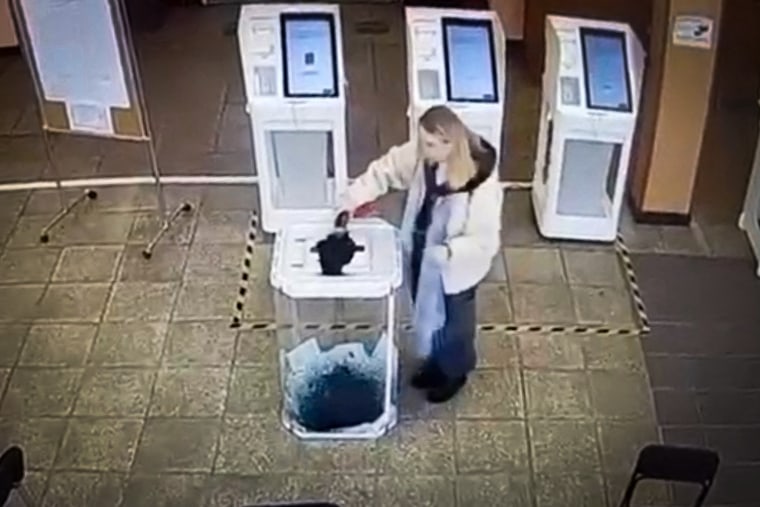
“These are the methods used by our traitors who fled the country, who are used both in the tail and in the mane by those who fight Russia,” said Ella Pamfilova, chair of Russia’s Election Commission, at an election briefing on Friday in which she described the protesters as “scum.”
In a separate update, she said there had been eight attempts at arson and that 214 ballots had been “irretrievably” damaged, according to Russian state news agency Tass.
Elsewhere, in a remote region of the Urals and in Putin’s hometown of St. Petersburg, protesters attempted to destroy ballot boxes using homemade Molotov cocktails in separate incidents, according to state media.
Tensions around the election have been growing in Russia since the death of primary opposition figure Alexei Navalny in an Arctic penal colony last month.
Navalny, an outspoken critic of Putin and of the Kremlin’s ongoing war in Ukraine, “lost consciousness” and died on a walk while imprisoned, according to authorities. Navalny’s wife, Yulia Navalnaya, alongside numerous international governments including the U.S., blamed Putin for his death.
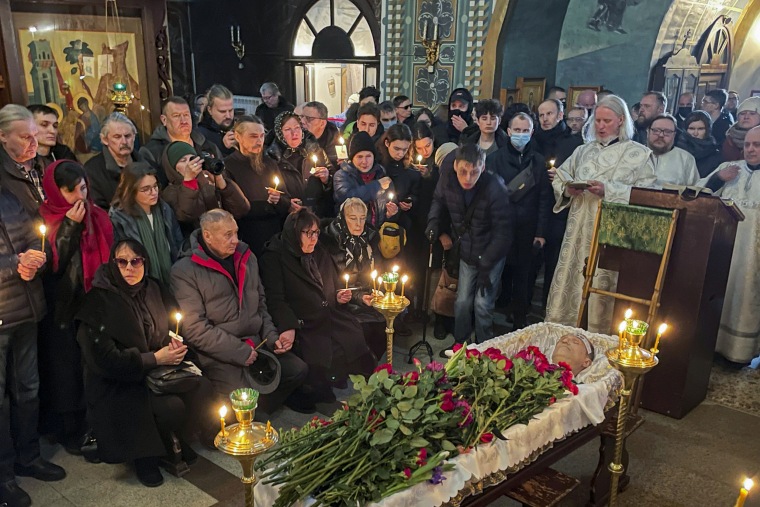
Building on protest tactics proposed by her late husband, Navalnaya has urged supporters to visit polling stations en masse at noon Sunday to protest the election, and has called on Western governments to refuse to recognize its outcome.
In one of Navalny’s last public messages, he encouraged people to protest Putin by going to polling stations at noon on March 17 with the aim of overwhelming them.
“This is a very simple and safe action, it cannot be prohibited, and it will help millions of people see like-minded people and realize that we are not alone,” Navalnaya said in a March YouTube address announcing the action. “We are surrounded by people who are also against war, against corruption and against lawlessness.”
But the intended effects of the action, dubbed “noon without Putin,” remain vague, with little guidance about whether assembled protesters should stage a sit-in, vote and spoil ballots, or attempt to block access to polling sites.
Wives of mobilized soldiers attempted to lay flowers outside the Kremlin before being blocked by secret service agents, according to activist group The Way Home, which campaigns for Russian men to be allowed to return from the front lines.
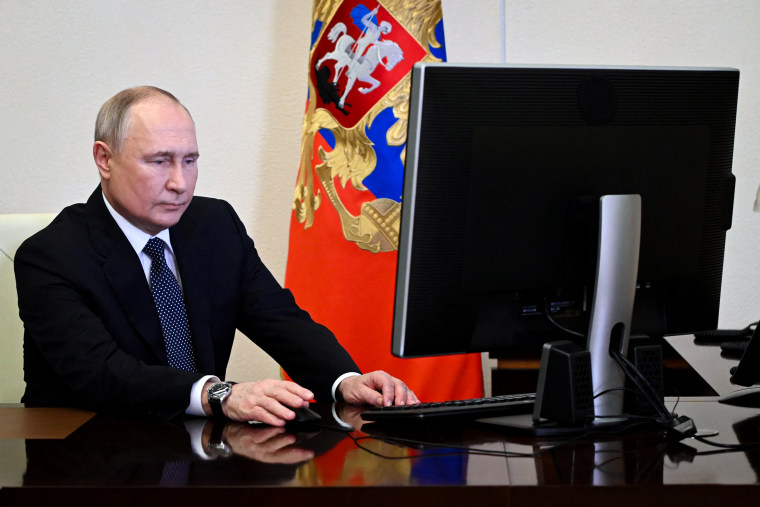
The women were forced to move their protest to Victory Park, in southwest-central Moscow, the group said on Telegram Saturday, and were harassed by police who were “breathing down their necks.”
It was not clear how many people turned out at that protest. The organization said simultaneous actions were staged by military wives across the country.
The Kremlin is treating voter turnout in the presidential election as a referendum on the Ukraine war, with a high turnout to vote for Putin potentially indicating continued support for the president despite ongoing Western sanctions and growing diplomatic isolation.
In 2018, 67% of eligible voters came out to vote, and the Kremlin will want to boast it has topped that number.
In the Russian-ruled republic of Chechnya, turnout on Saturday reached 75%, according to the local election commission’s Telegram channel. In Ukraine’s southern city of Mariupol, the city council posted on Telegram to accuse authorities of working with construction companies to bus in teams of “Russian builders” to vote in the precinct, inflating turnout in the area.
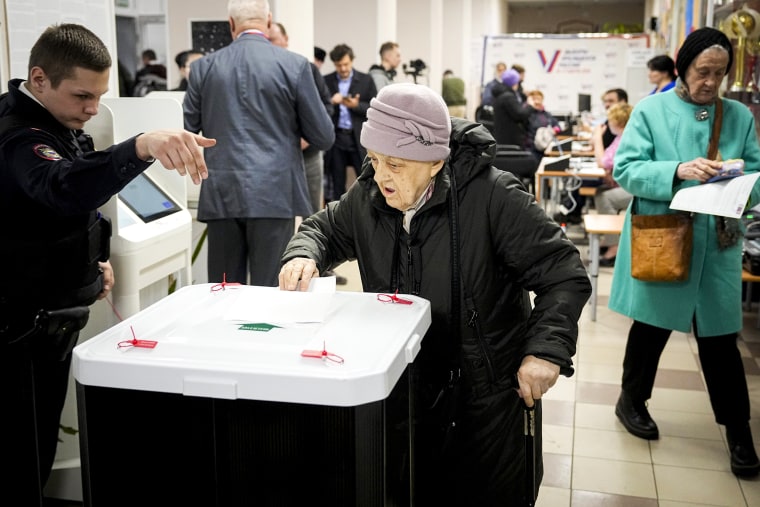
Numerous reports from parts of occupied Ukraine, such as Donetsk, Luhansk, Kherson and Zaporizhzhia, included accusations from locals that members of the Russian military went door to door and forced Ukrainian citizens to vote at gunpoint.
Photos uploaded to Telegram by Mariupol’s city council on Saturday claimed to show small-scale acts of protest by Ukrainians coerced into voting, including spoiling ballots.
Only one of the three candidates who oppose Putin in the election, Vladislav Davankov, supports peace negotiations with Ukraine.
Davankov, a former businessman, has called for a peace deal with Ukraine that is “on our terms and with no rollback,” while saying that Russia should not cede to Ukraine any territory it has already occupied.
More than 114 million Russians are eligible to vote in the election, including nearly 2 million abroad. Results are expected to be announced on Sunday, with a landslide for Putin functionally guaranteed.


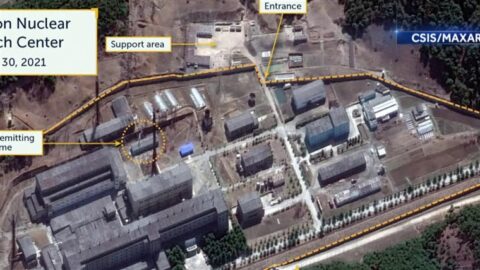
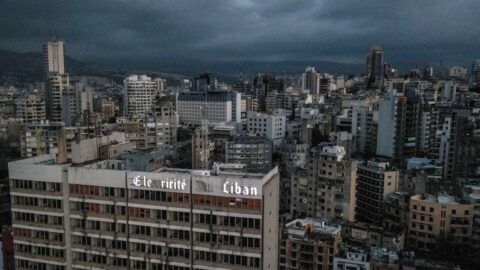
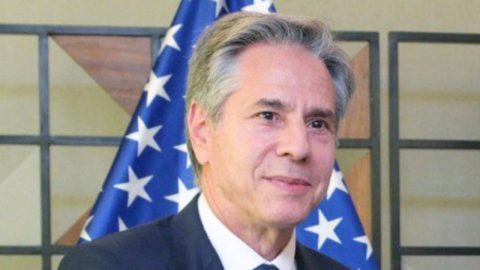
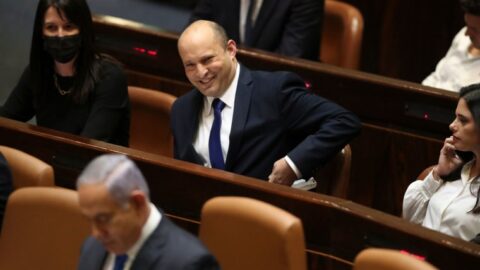


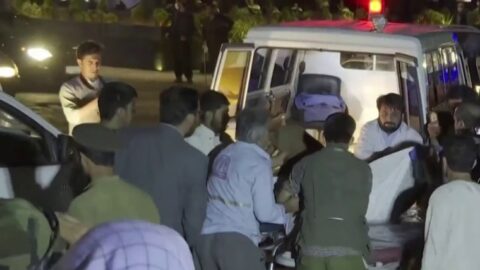
Recent Comments